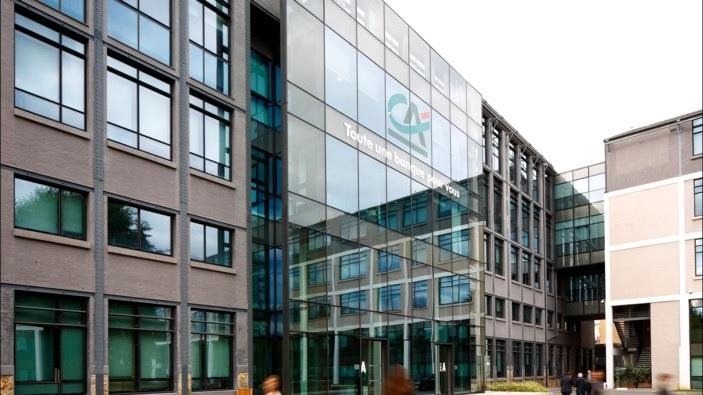Crédit Agricole Launches Energy Transition Division to Coordinate Group-wide Actions
International banking and investment group Crédit Agricole announced the launch of Crédit Agricole Transitions & Énergies, a new business line aimed at coordinating and advancing the company’s energy transition actions and offerings.
Crédit Agricole’s activities span corporate, investment and business banking, insurance, asset management, and other financial services through its brands that include Crédit Agricole CIB, Amundi, CPR Asset Management, and Crédit Agricole Assurances, among several others.
The new business line forms part of the company’s newly released energy transition vision, focused on accelerating the expansion of renewable energy to replace fossil fuels, while making the transition accessible to all of the bank’s clients.
The business line will focus on coordinating Crédit Agricole Group’s energy transition ecosystem, supporting its customers in their energy transition through the whole advisory value chain, and identifying renewable energy assets to help Crédit Agricole Group become a renewable energy producer.
In addition to the launch, Crédit Agricole unveiled a series of interim financing and investment-focused decarbonization targets for its assurance, asset management and banking businesses. The new 2030 targets cover five sectors, including Oil & Gas, Automotive, Power, Commercial Real Estate & Cement. Banking targets include a 30% reduction in absolute CO2 emitted by oil and gas customers, and emissions intensity reduction goals of 58% in the Power sector, 50% in automotive, 40% in commercial real estate, and 20% in cement. Additional goals include having 18% of Amundi’s AUM in funds explicitly aligned with 2050 net zero targets by 2025, and a 25% reduction in carbon emissions per $ invested by Crédit Agricole Assurances by 2025.
Crédit Agricole said that it will disclose targets for 5 more sectors – Shipping, Aviation, Steel, Residential Real Estate and Agriculture – in 2023. Combined, the ten sectors account for 75% of global GHG emissions and 60% of Crédit Agricole Group’s credit exposure.
Philippe Brassac, CEO of Crédit Agricole S.A. said:
“Crédit Agricole has always supported societal transformations. We face a climate emergency that leads us to accelerate the advent of green financing, replacing fossil fuels, and to rise to the huge task of making energy transition accessible to all our clients, from large corporates to the most modest households. The trajectory we have chosen is both responsible and demanding.”





